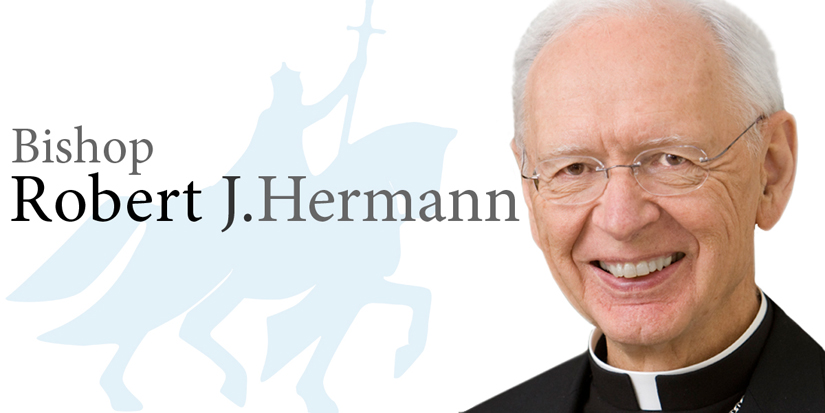 The readings for the 32nd Sunday of Ordinary Time illustrate that our poverty enables us to receive the riches of our God.
The readings for the 32nd Sunday of Ordinary Time illustrate that our poverty enables us to receive the riches of our God.
In the first reading, we hear about the prophet Elijah, whose name means “like God.” Because God leads him, he makes two unusual demands upon the widow of Zarephath. First, he asks her for a drink of water. Hospitality was a duty incumbent upon all citizens.
Asking for a drink of water is one thing, but asking her to use her last handful of flour to bake a cake for him is quite another.The handful was all that kept herself and her son starving to death.
However, Elijah’s request opened the door for God to provide for her and her son a year of sustenance. She obeyed the man of God, and God in turn rewarded her.
The responsorial psalm is a prayerful reflection on the marvelous way in which God provides for His people. “The Lord keeps faith forever … gives food to the hungry … The Lord gives sight to the blind … The fatherless and the widow He sustains, but the way of the wicked He thwarts.”
God overflows with goodness for which man hungers but for which man often neither asks nor seeks.
In the Gospel, Jesus in the temple makes two references to poor widows. First, He points out that the scribes often devour the houses of widows. Secondly, He calls attention to the poor lady who puts into the treasury “two small coins worth a few cents … but she, from her poverty, has contributed all she had, her whole livelihood.”
Maybe, by birth, we’re like the poor widow? As children of Adam, we’re disconnected from our source of supply. By baptism, we’re connected with God our Father, who wants to enrich us in our poverty.
Our real poverty is spiritual, both internal and external. Internally, we feel the strong compulsion to give in to the desires of the flesh; temptations of anger, lust, sloth, avarice and gluttony are always at our door. And, if these aren’t enough, we’re inundated on the outside with endless sources of supply to feed our sinful desires.
Our problem is that we’re poverty stricken in spirit and don’t know it. We just want more of what pleases the flesh, and it only plunges us further into sin and darkness.
But Believe it or not, our spiritual poverty is our greatest blessing. Like the widows in these readings, God is our only hope. If we’re disappointed with ourselves because of poor choices, we’re in a good place. If we have found ourselves hopeless in our inability to stay out of sin, we’re in a great place. “The Lord hears the cry of the poor.”
The good news is that God our Father heard the cry of the poor and gave us His Son Jesus, who died on the cross to enrich our lives with virtue.
More lust won’t bring me happiness, but chastity will. That I can’t get without Jesus’ help.
It isn’t anger and revenge that will bring me the peace I crave; it’s meekness. That I can’t get without Jesus’ help.
I may be busting my posterior for wealth, but it will never bring me peace because how much wealth is sufficient? On the contrary, the virtue of generosity gives me a sense of participating in God’s goodness for others. Without Jesus’ help I can’t become generous. With Jesus help, generosity, and the happiness that comes with it, become a part of me.
Pride is the one vice standing in the way of all the other virtues. Look at the humility of the woman at the well, the prodigal son, the woman caught in adultery, Peter after his denial of Christ. These people had the humility to repent and have their lives transformed.
Repentance isn’t something we have by sheer will power. It’s a gift for which we need to pray. The widows in these readings had the gift of trusting in God. The widow of Zarephath trusted that if she believed the man of God and gave away the last of her flour, God would provide. The widow in the temple, who gave away the money she had to live on, trusted that in helping others, God would help her.
These widows trusted in the goodness of God. If we have lived a life of self-reliance and it hasn’t led us to real happiness, why should we be afraid to trust Jesus who died on the cross for us? Trust Jesus who loves us so much He died to free us.
Jesus sets us free through forgiveness and intercessory prayer.
Everyone without exception needs the help of Jesus every day. Without Him we’re lost and will never find happiness.
Jesus didn’t come only for the good people, the mediocre people or the bad people. We’re all poverty stricken, and without His daily help, we won’t make it to Heaven. Humility led the widows to trust totally in God. We need the same humility daily to trust totally in Jesus.